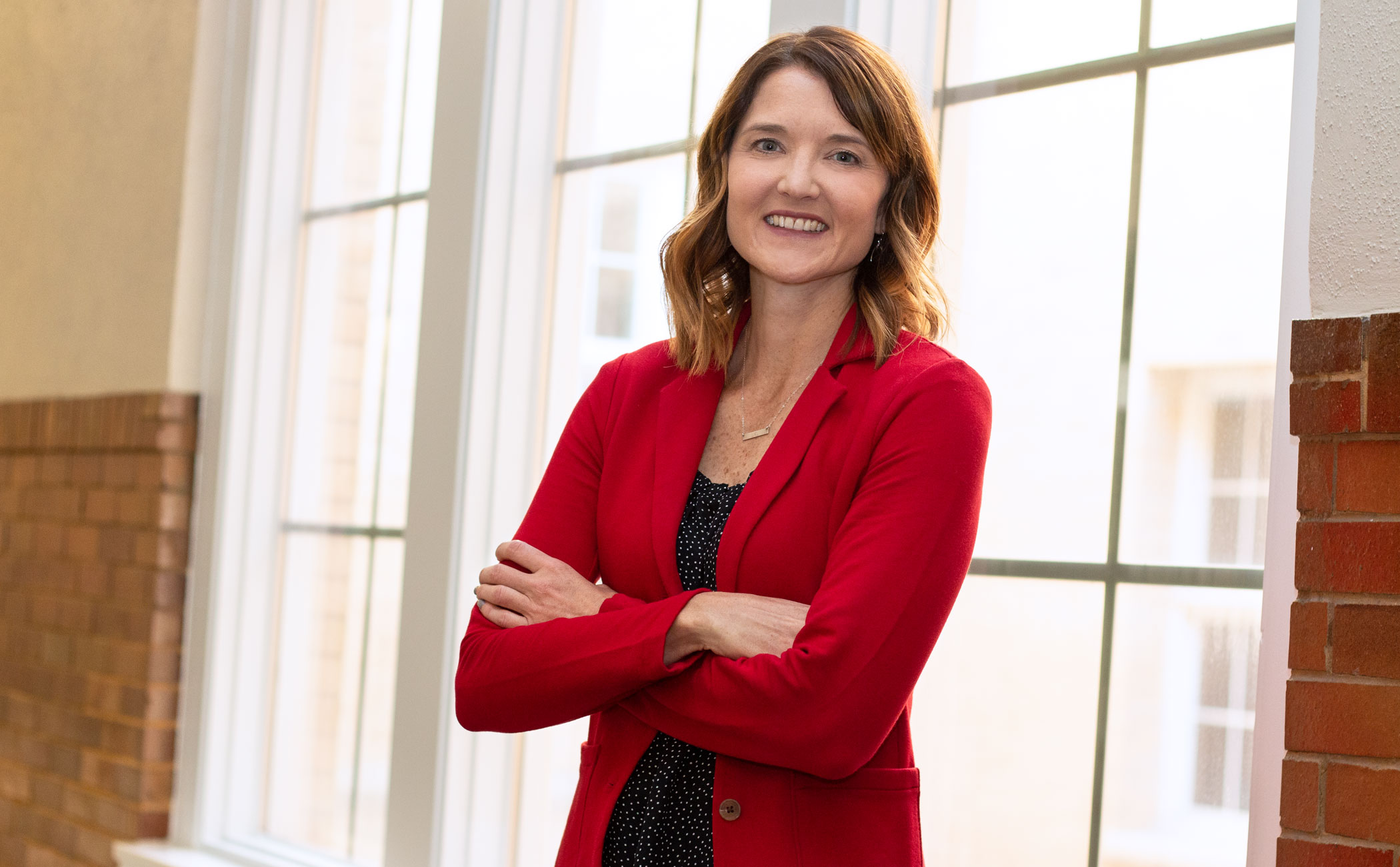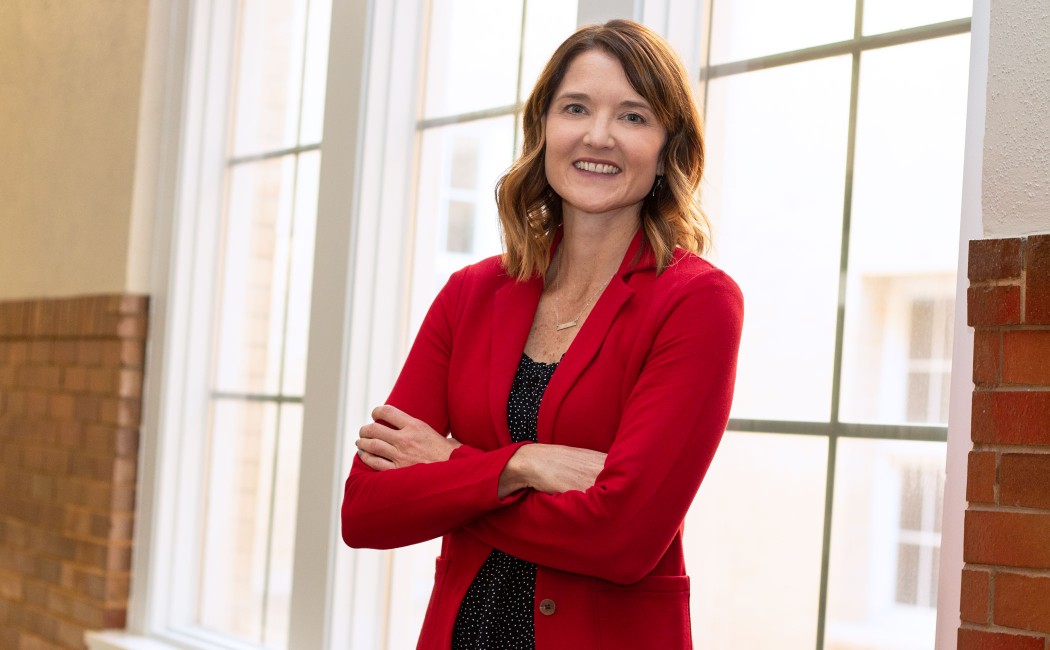
For the past 15 years, the Getting Ready research program has helped enhance school readiness for children age 5 and younger by bringing evidence-based parent engagement strategies to early childhood programs throughout Nebraska.
Thanks to additional, recent funding from the U.S. Department of Health and Human Services’ Preschool Development Grant, Nebraska researchers will move those strategies into practice.
Lisa Knoche, CYFS research associate professor and principal investigator of the Getting Ready Preschool Development Grant, said the recent funding is an opportunity to expand Getting Ready’s reach.
“The grant not only allows us to strengthen Getting Ready training, but we’re also building a coaching infrastructure to enable more programs to utilize the intervention,” Knoche said. “We have the ability to impact the work professionals do with families to ultimately improve outcomes for children and families. The outcomes — and the impact it can have — is the primary goal.”
Through the Preschool Development Grant, training is underway for 75 professionals working in Head Start, Early Head Start and Maternal, Infant and Early Childhood Home Visiting (MIECHV) programs. Five Getting Ready coaches are training the new early childhood professionals.
After completing their day-and-a-half of initial training, each new professional will participate in three virtual coaching sessions. They collect and submit video of an interaction with a family — for example, a home visit or a parent-teacher conference — to their Getting Ready coach. The coach reviews the video, then collaborates with the professional on ways to enhance their interactions with families through the Getting Ready approach.
The grant not only allows us to strengthen Getting Ready training, but we’re also building a coaching infrastructure to enable more programs to utilize the intervention.”
Lisa Knoche, CYFS research associate professor
Also, new video training modules are being developed for use with early childhood professionals who cannot attend in-person training. The modules will mirror similar modules created as part of Getting Ready’s previous work with the Nebraska Department of Education.
Refining the intervention package for use in real-world early childhood settings is key during this phase of Getting Ready, Knoche said.
Since its 2004 launch, Getting Ready has focused on strengthening relationships in children’s lives, including relationships among parents, their young children and the early childhood professionals connected to the family.
Developed at the University of Nebraska–Lincoln, the Getting Ready approach features interaction among families and early childhood professionals that occur during home visits, conferences, informal interactions, messages and more. It builds on culturally relevant family and child strengths, and is appropriate for all early childhood programs, including home- and center-based settings.
“Getting Ready builds on culturally relevant family and child strengths, and is appropriate for all early childhood programs, including home- and center-based settings,” said CYFS Director Susan Sheridan, developer of Getting Ready.
The research team recently published findings from a randomized trial of Getting Ready that focused on supporting preschool children with developmental concerns. They found that participating children experienced more improved social skills and relationships with their early childhood educators than their peers in a comparison group, and relationships between participating children’s parents and early childhood educators also outpaced non-participants.
“For child developmental skills, one of the benefits of Getting Ready that we see consistently is the enhancement of social relationships,” Knoche said. “If they are socially prepared to start school, they will be more successful over time. That puts children and families on a trajectory for academic and social success.”
Getting Ready’s Preschool Development Grant is funded by the Nebraska Children and Families Foundation through a sub-award from the U.S. Department of Health and Human Services–Administration for Children and Families. Along with Knoche and Sheridan, the research team includes Chris Marvin, emeritus professor of special education and communication disorders; and the late Carolyn Edwards, professor of psychology and child, youth and family studies. Learn more about this project in the CYFS Research Network.
